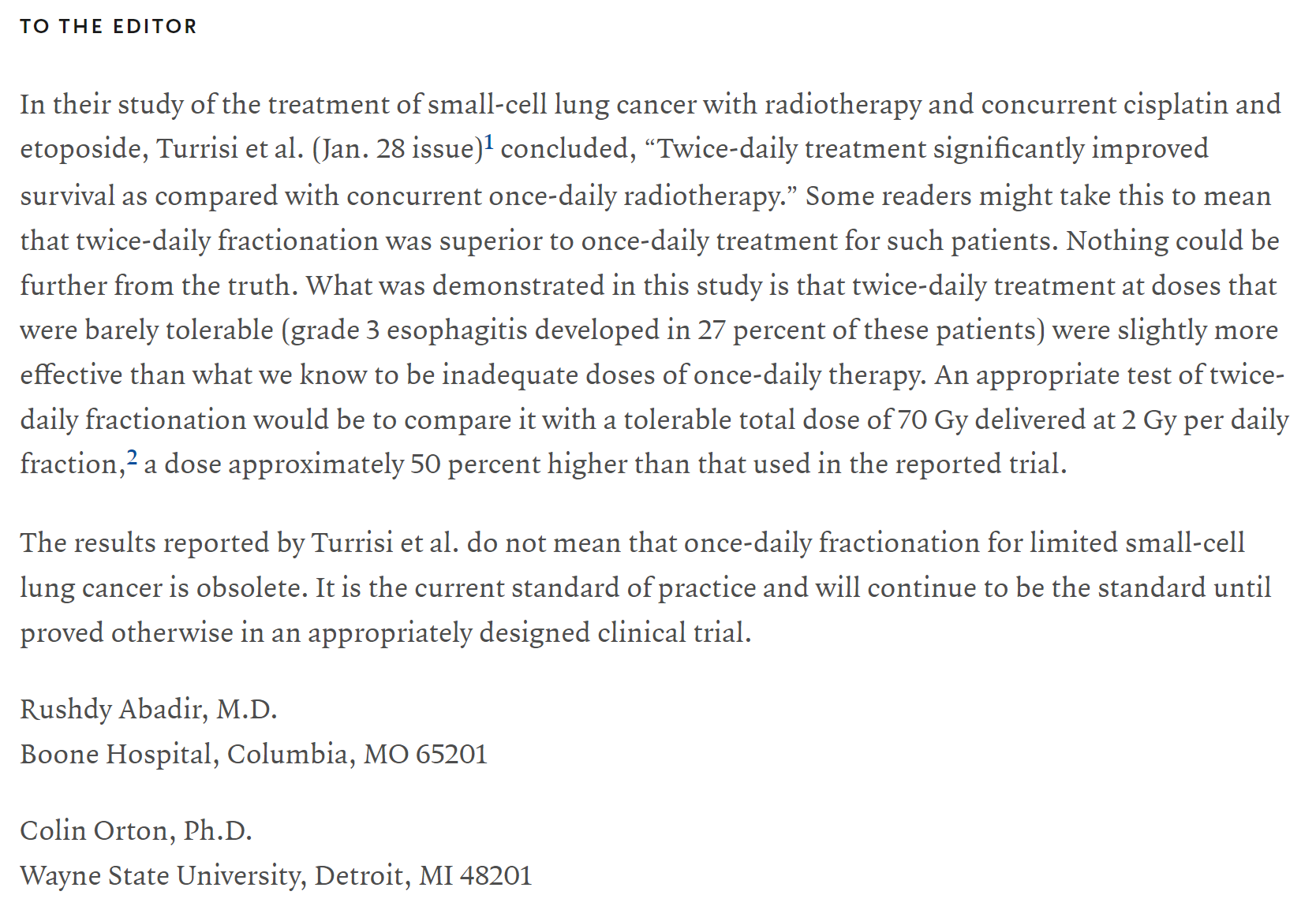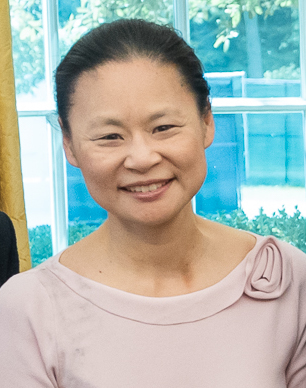Competency based education will very rarely (if ever) be used to graduate residents early, especially surgical residents.
Academic programs cannot run without medicine & surgery residents handling the floors. That means the program needs X number of residents per year (otherwise the workload becomes more unbearable than it already is).
In the best case it will empower residents to ask staff to let them do more of X procedure or maybe chop off one or two useless months at the very end of residency.
Not to be devil's advocate but what's stopping some PDs from delaying graduation for some residents that they deem unfit? I don't think increasing subjectivity is the answer, would opt for better objective measures.
As a counterpoint, alternative pathway folks who some are probably competent enough to be independently practicing with minimal additional training.
These are excellent points.
I guess the question I think we need to ask is: do we believe we have perfected our training? Obviously, this question can be directed at all of medicine. But for RadOnc, I would argue that the rules of our modern training pathway are over 20 years old (from when residency length officially became four years long). Sure, certain things have been tinkered with (written board exams used to be delivered over two consecutive days, for example) but it's fundamentally the same.
It goes without saying that a lot has changed over the last 20 years, and I think Radiation Oncology - a specialty so tied to technology - has changed more than most. Change for the sake of change is bad. But, if our goal is
truly to produce excellent physicians, I think it is worth re-evaluating a system that was designed when Blockbuster asked us to rewind our VHS tapes before returning them. I think I'm being generous with my timeline estimate - I think the majority of our training pathway ideas predate even Blockbuster.
If competency-based education isn't possible because a hospital system can't survive without cheap resident labor, then perhaps it's worth questioning if that system is appropriate in the first place. If a resident has reached the end of a time-limited pathway and hasn't acquired the necessary skills for independent practice, shouldn't that resident be held back for the safety of patients?
However, maybe the system as it exists is the best we can do, and we shouldn't try to improve it. I just sometimes get the feeling that we're given an Oculus Quest VR headset and, when we ask how to use it, we're given a dusty instruction manual to the original Nintendo console and told "this was good enough for us, and it's good enough for you, too".







